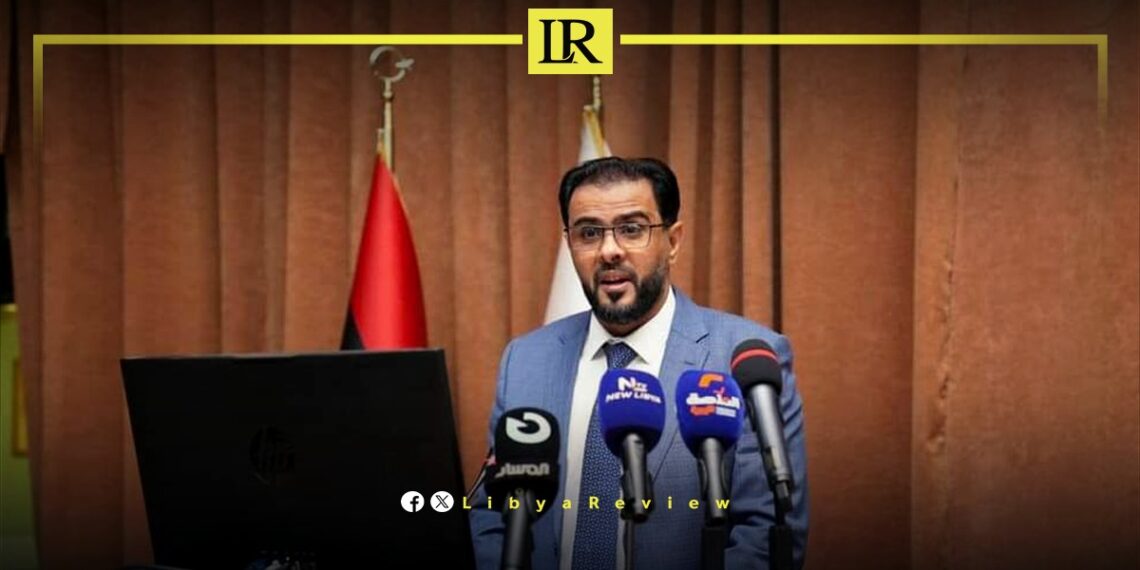Libyan Prime Minister of the Parliament-designate government, Osama Hammad has announced the launch of a digital transformation project for state institutions and agencies.
This announcement was made during a workshop organised by the General Tax Authority titled “Digital Transformation and the Future of the Libyan Tax Authority,” under the sponsorship of the Ministry of Planning and Finance.
The workshop, led by the General Manager of the Tax Authority, Siraj Al-Shalmani, was attended by several key officials.
In his speech, Prime Minister Hammad emphasised the significance of modern electronic systems and digital transformation plans.
He highlighted that these initiatives would advance the country’s financial and economic systems, promote development and financial stability, ensure data accuracy, and streamline services for citizens by reducing bureaucracy. These measures will also aid in policy formulation and strategic decision-making.
Earlier this month, the Central Bank of Libya has announced consultations with a mission of experts from the International Monetary Fund (IMF) for the fourth quarter of 2024.
According to the Central Bank of Libya’s media office, these consultations focused on developments in the banking sector, banking services, and the extent to which banks are responding to the directives and guidance of the central bank.
Discussions have also delved into digital transformation plans and their expansion for the year 2024. This includes presentations from the General Manager of the National Commercial Bank and the General Manager of the Al-Nouran Bank.
This underscores Libya’s commitment to enhancing its financial sector and fostering cooperation with international financial institutions to address challenges and promote economic stability and growth. Stay tuned for further updates on the outcomes of these discussions.
Notably, CBL launched its annual Article IV consultations with the International Monetary Fund (IMF) in Washington, D.C., focusing on evaluating and improving Libya’s economic and financial conditions for 2024.
It stated that the discussions reviewed Libya’s economic and financial state, as well as assess the effectiveness of policies implemented in 2023. This process is essential for ensuring Libya’s economic strategies align with both national priorities and international fiscal standards.


